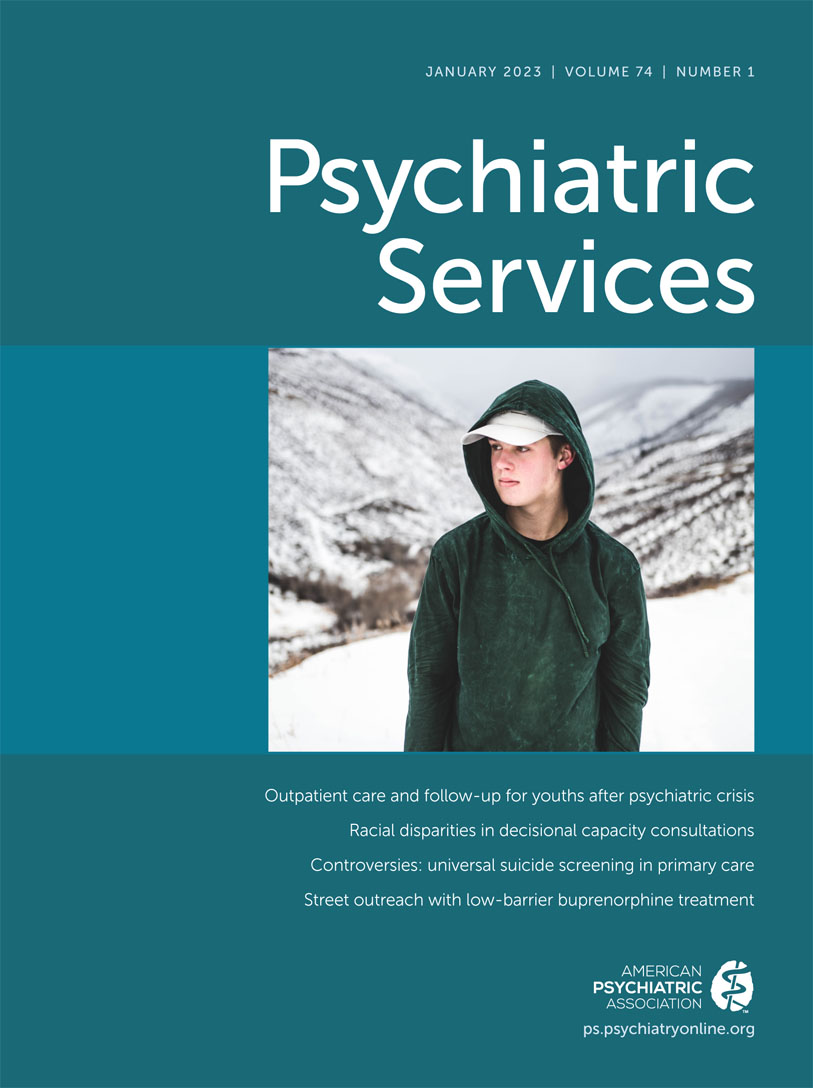Informatics Research on Mental Health Functioning: Decision Support for the Social Security Administration Disability Program
Abstract
The disability determination process of the Social Security Administration’s (SSA’s) disability program requires assessing work-related functioning for individual claimants alleging disability due to mental impairment. This task is particularly challenging because the determination process involves the review of a large file of information, including objective medical evidence and self-reports from claimants, families, and former employers. To improve this decision-making process, SSA entered an interagency agreement with the Rehabilitation Medicine Department, Epidemiology and Biostatistics Section, in the Clinical Center of the National Institutes of Health, intending to use data science and informatics to develop decision support tools. This collaborative effort over the past decade has led to the development of the Work Disability–Functional Assessment Battery and has initiated an approach to applying natural language processing to the review of claimants’ files for information on mental health functioning. This informatics research collaboration holds promise for improving the process of disability determination for individuals with mental impairments who make claims at the SSA.



